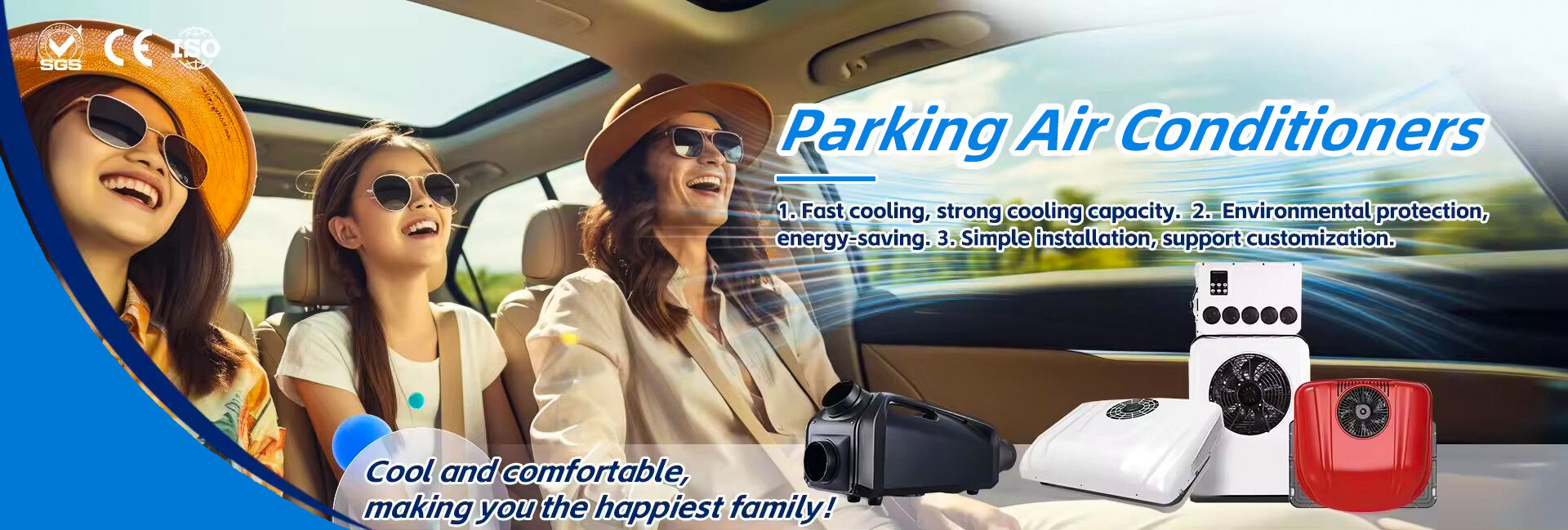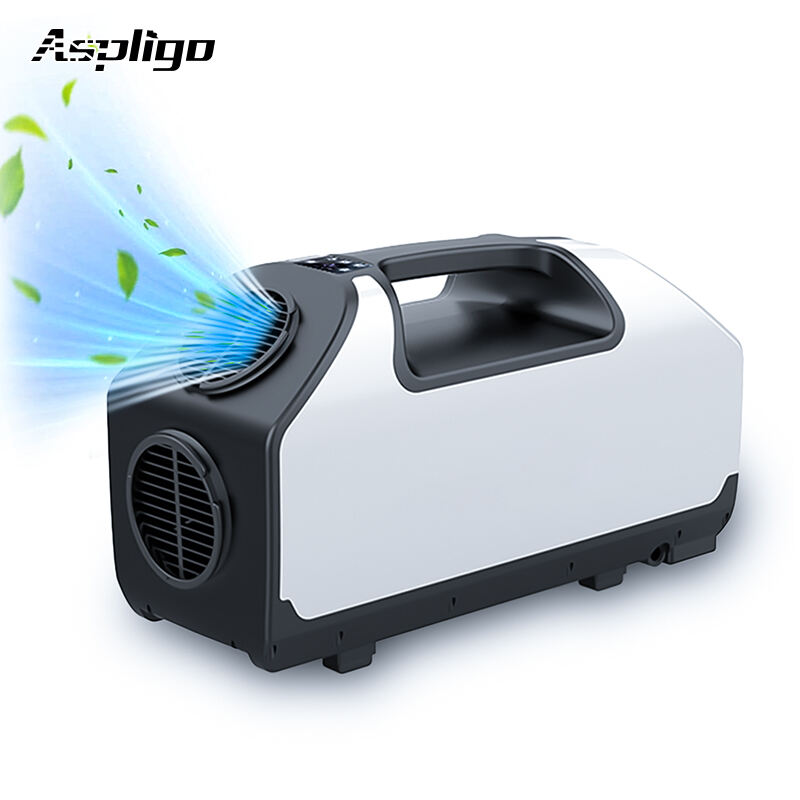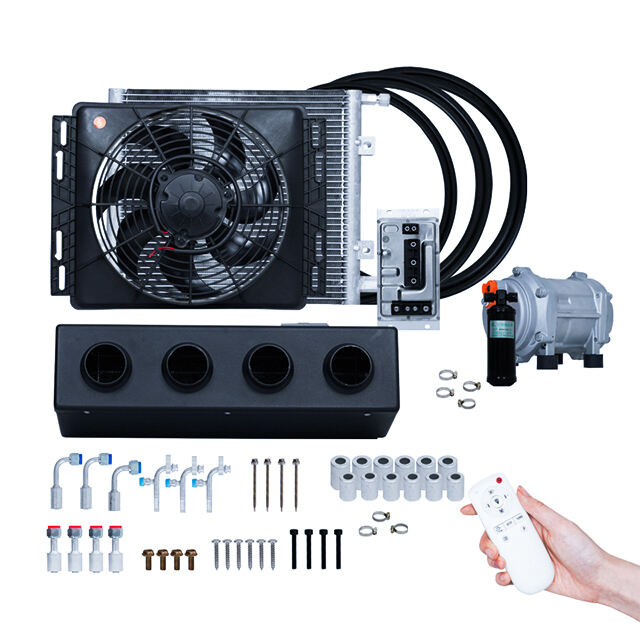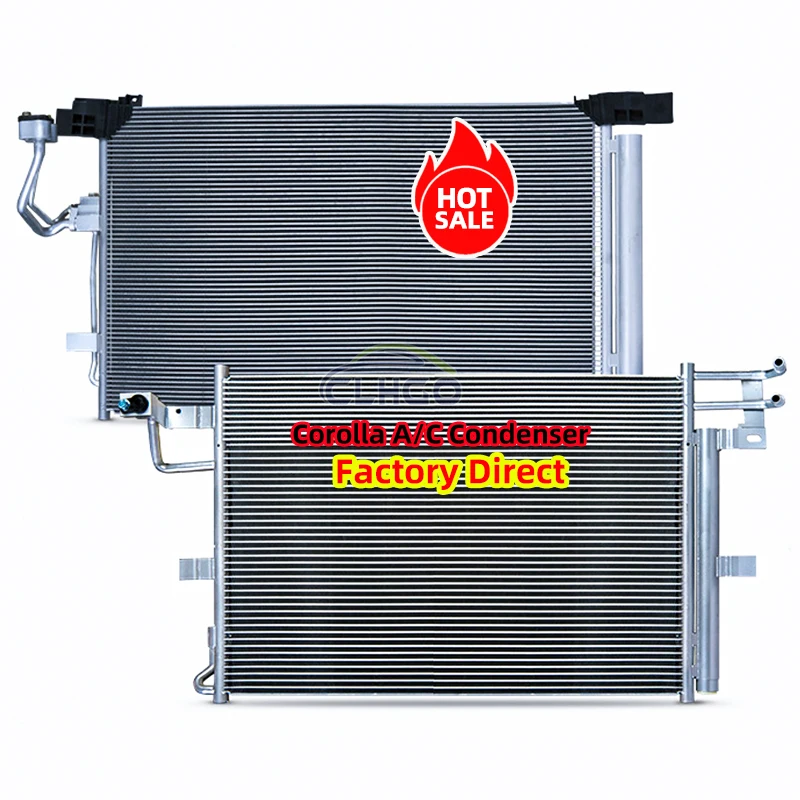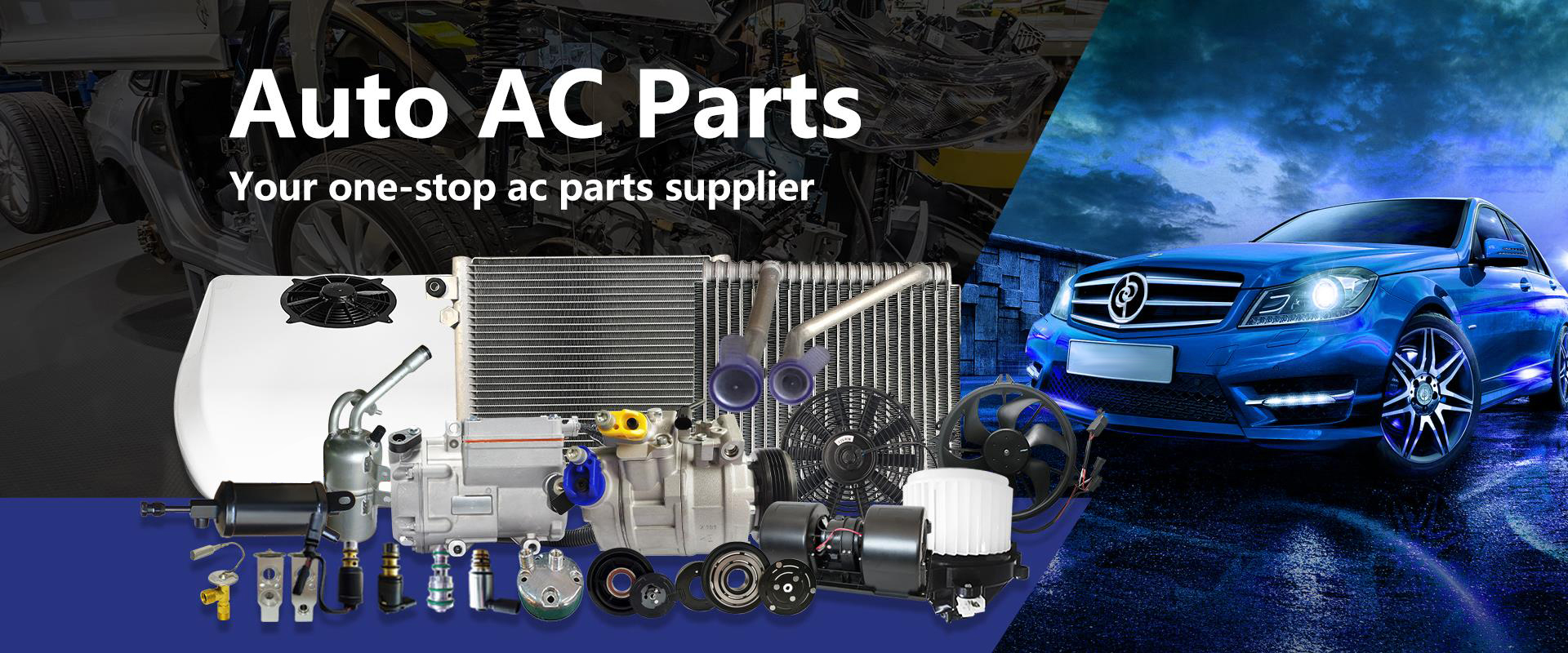Кондиционерлік компрессор: тоңазыту жүйесінің өзегі
Сыйырғыштық жүйелеріндегі сыйырғыштық компрессордың rolі
Сыйырғыштық компрессоры басты маңызды элемент ретінде сыйырғыштық жүйесінің серіпі саналады, барлық жүйеде сыйырғышты әдетте шотқандағы. Сыйырғыш газын компрессор қисыр емес газдан ысқыр, жылық газға айналдырады, осымен кепілдіктерден жылуды алып тастайды, сонымен қатар сүту процесін қолдайды. Бұл негізгі әрекет сыйырғыштық блоктарының істемасын қамтамасыз етеді, ішкі климатты үзіліссіз басқаруды қамтамасыз етеді.
Сығыс және орналасу принциптерін түсіну сипаттамаларды диагностикалау және куырлым суықтың қызметкерлігін оптимизациялау үшін маңызды. Бұл жүйелерде пайдаланылатын бес негізгі сығыс түрлері - рекипрокаттік, ротативтік, спиральдік, шевектік және центрифугалдық сығыстар. Мисалы, рекипрокаттік сығыстар ішкі қозғалыс моторы сияқты қызмет етеді, пистондар сөндіруші газы сығысады, бұл қоғамдық куырлым суықтан өнеркәсіптік суықтыққа дейінгі қолданбалар үшін қажет.
Кondиціонерлік жүйенің қызмет етудің әмбебап тәсірі сірөгінен келеді, өйткені ол суықтыру қабілеті мен энергия сауып-сағана әсер етеді. Қызмет етуіне және техникалық қызметтерге арналған сірөгі системаның қызмет ету қабілетін арттырады және әсерлі түрде энергия қаржыларын азайтады. Мазмұнда, зерттеулер білдіреді, қатынастық тез қызмет етуіне сай сірөгі бүкіл кондиционерлік блоктың ұзақ өмірін және достыққа қол жеткізді, уақыт бойы қиындықтардың және алмастырулардың қажеттілігін азайтады. Бұл, қате шығқан сірөгілерді ауыстыруға және регулярлық техникалық қызметтерге міндеттілігін бейнеледі, сондықтан да системаның қызмет ету қабілетін сақтау үшін.
Кондиционерлерде пайдаланылатын сірөгілер түрлері
Куырлық жүйелерінде пайдаланылатын солтүстіктердің әртүрлі түрлерін анықтау, белгілі сипаттамаларға сай ең құпиялы бөлімді таңдаудың маңызды болады. Олардың ішінде, қысқаша дизайны мен ырыспайтын қуатымен белгілі пистондық солтүстіктер кең шиғарылады. Олар, пистондардың краншайф арқылы қозғалысын пайдаланып отырғандықтан, ышкин басы талап ететін қолданбалар үшін идеалды.
Сpiral солтүстіктер, қызметкерліктіңімен белгілі, екі спираль элементті пайдаланып суықты солтүстіруеді және қоңырауыз қызметкерлігімен белгілі. Бұл spiral солтүстіктерді қоңырауға деген қарау кезінде қажет болатын жергіліктік орталықтар үшін әдетте қажет. Дизайны олардың пистондық солтүстіктерден кем қозғалатын бөліктері бар болуына себеп болып, бұл ұзақ өмірбаптық пен кем деген техникалық қызметтерге айналуы мүмкін.
Ротарлы сыйқырғыштар өсірімді сыйып, суықты сыйқырғыңыз керек мәндерін жасайды және олардың тұрақты және салмаулы істейтіні білінеді. Бұл сыйқырғыштар үйлік және бизнес қорытындыларына сай қосылатын климаттық системелерге қатысты. Олардың дизайны кіші өлшемде және әмбебап машиналарда қолдануға мүмкіндік береді, осылайша олар әртүрлі суықтық ережелері бойынша қолданыста.
Әр түрлі сыйқырғыштардың қасиеттері мен пайдасын анықтау арқылы компаниялар қорытындылардың климаттық системасын таңдауда дәлелді шешімдер қабылдай алады. Бұл білім үйлік қорытындылардағы қызметкерлерге немесе бизнес әрекетінде әсері тиімді болатын жағдайларға сай қорытындылардың оптималды түрде жобалауын қамтамасыз етеді. Осы айырмашылықтарды түсіну әдетте жоғары деңгейде суықтық жобалауға және жалпы энергия сақтауға көмектеседі, ұзақ уақытқа дейінгі ұстойымдылық мақсаттарымен бірге.
Сыйқырғыштардың алғашқы проблемалары және техникалық қызметтері
Сузбақтармен қателіктерді діагностикалау әртүрлі белгілерге назар аударуға тап болады. Жалпы белгілері - несімей көтеріншілер және суықтыру қабілетінің азайтуы. Бұндай мeseлелер маңызды электр компоненттердің қателері немесе рефрижерант деңгейінің теңсіздігінен шығады. Осы элементтерге регуляр тексерулер орындалуы, бесіктік жұмыс істегенін сақтау және сузбақты бәрін өшіру процесінің қиындығын қалайту үшін қажет.
Түсіну машиналық суықтырушы суықтырушыны өшіру үшін қажетті қымбаттық тектік бюджетке резервлеу үшін маңызды. Өшіру құпиялары әдетте $800-ден $1,200-ге дейін ғана, айналысқан құрылғының маркасы, моделі және кез келген шағын ақысына байланысты. Осы құпияларды білу потенциалдық таңдауларды қойып отыруда көмектеседі, бірақ охладушы жүйенің операциялық еффективдылығын сақтайды.
Қысқаша техникалық сақтау мағаны compressor-лердің өмірбаптылығын әлдеқайда арттыруы мүмкін. Негізгі әдістерге әуелдік кондиционердің evaporator-ын жылдам тазалау және электрлік байланыстарды болжамсыз тексеру кіреді. Бұл қадамдар compressor-дің фунцкиялауын сақтауға қолдау береді, әрі әуелдік кондиционер жүйесінің жалпы қызметкерлігін де арттырады. Қысқаша техникалық сақтау - үлкен қателердің және олармен қос табысты құнымен қарсына шығу үшін қадамдық қолданба.
Жылдамдық жүйелеріндегі compressor-лердің қоршаған орны
Compressor-лер HVAC жүйелерінің энергиялық қызметкерлігіне негізделген, олардың жалпы энергия сапасының көп бөлігін қамтиды. Compressor-дің қызметкерлігін жоғарыластыру энергия пайдаланудың кемуіне мүмкіндік береді, сондықтан осы жүйелердің қоршаған орнын азайтуға көмектеседі. Мәселен, variable-speed compressor-лерін дамыту - талапқа сәйкес энергия пайдалануын оптимизациялауға, артықшылық пен сараптау құнын азайтуға мүмкіндік береді.
Қарбон отбасын азайту үшін сымықтық технологияларды инновациялау да өркенгі өңдеу бойынша жариялануда маңызды рөл атқарады. Кез келген уақыттағы сымықтар кем деген соңғы қысқауларды шығаруға және кем деген энергиясын пайда болуға жол ашылады, олар ұранмен дамыту мақсаттарына сай болады. Бұл технологиялық жетістіктер бүкілдік емиссияларды азайтуға қалайтын әсер етеді, халықаралық аймақтарда, міндетті түрде HVAC системаларының кеңінен пайдаланылуы мекен-жайында.
Жүргізілетін құқықтық қадамдар HVAC системаларының экологиялық қоршағанына қосымша тиімділік береді. Осындай сабақта сымық технологиясын қолдану маңызды, ол регуляциялық сапарларға сай болу үшін қажетті. Салыстырмалы құрылғылар өндірушілері өз продукtlарының қазіргі стандарттарға сай болуын және болашақ экологиялық талаптарды алдын алатын негізгі қадамдарды жасау үшін әріп-әріп өзгертуге тырысады. Бұл тренд сымық технологиясының HVAC қолданбаларында энергиялық тиімділік пен ұранмен дамытуда неше рет қажеттілігін анықтайды.
Мәнбeler жинағы: Қызметкерлік өсу қызметтерінің тиімді шешімдері
Әртүрлі жағдайлар үшін әмбебап көлденіс шешімдерін есептеңгізде, олардың бірнеше мәртебелері өзін-өзі таныту арқылы және мүмкіндіктерімен берілген.
- Көшпелі кондиционер PAC1003 : Бұл өте ықшамды көлдену модулі басты қолданбалар үшін жақсы, осал-осал үйік немесе кабинет сияқты кіші орындарда. Оның ықшам дизайны мен әмбебап көлдену технологиясы оны қуатты ішкі температураларды сақтау үшін ыңғайлы таңдауға айналдырады. Үйде пайдалану немесе сыртқы арнаға алу, оның перенасы қандай да болса жылыстың қарсына шығу үшін дайын болады.
- Көшпелі кондиционер PAC1020 : Кіші үй және көрпін тікелей қолдануға арналған PAC1020 құралы, сапасыз технологиямен және қызметкерлік жұмыс істейтін. Бұл оның суықтыру қабілетін жоғары деңгейде жеткізеді, сонымен қатар, ефективті климатты басқару қажеттілігі бар орталықтар үшін жақсы таңдау болып табылады. Оның ауызша жұмыс істейтіні, шешімділікке жол ашады, сондықтан ол әрекетшілерге және үй қоршағына сай болады.
- Космостан 24V электр компрессор蒸发器 Kit : Автомобиль климат жүйесінің көптеген құрылғыларға сай болатын бұл универсалдық комплект, әртүрлі қуыршақтарға сай болуы мүмкін. Комплекттің жалпы қасиеттері, RV және кеме әртүрлі қуыршақтарға сай болуын қамтамасыз етеді, ол жолда суықтыру қажеттілігіне жауап береді.
- OE Quality PB 472A SSJAS-E27 SHAN-31 Nissan Toyota Corolla үшін : Бұл продукт Nissan және Toyota Corolla моделдері үшін әдетте сәйкес келетін және қарапайым орнатуға ие. Оның мақсаты қуырушы мен басқа жүргізушілерге қоректік климатты қамтамасыз ету арқылы қадірлі кондиционер жұмысын ұсыну.
Бұл жылу салу решениялары әртүрлі тиімділіктерге сай, шахсқа кез келген уақытта ішкі қалау және ауылдағы қолайлылыққа дейін негізделген, олардың барлық транспорттық жобалары өзара байланыстыру арқылы қуанышты атмосфераны сақтау үшін көп тәрзді секілділер.
Жылу салу және суықтыру системаларындағы келешекті тенденцилер
Жылу салу және суықтыру системаларының келешегі компрессор технологиясындағы инновациялармен өзгертіледі. Жаңа технологиялар компрессор еффективділігін арттыруға және энергия сапарын қалаймыздау мақсатында қамтамасыз етуге бағытталған. Мисалы, өндірістік компаниялар энергия пайдаланудың қате болмағанын қамтамасыз ету арқылы қызмет ететін, ал әдетте өзгерту арқылы қызмет ету мүмкіндігін беретін, арнайы тезінше компрессорларды әзірлеуге көбірек қызмет етуге қосымша инвестиция жасайды, осылайша олар экологиялық және қызмет пен қатынасқа сай.
Сондай-ақ, салmeye өзгеше және энергиясын зейтіндетуге арналған суықтыру шешімдеріne қарай отыр. Есептік тенденция - компрессорларда естік суықтырушыларды пайдалану, оның үстіне артқылы интеллектуалды технологияларды интеграциялау. Бұл жаңа кезектер суықтыру системаларын басқаруды жақсартады, олардың зейтіндеткілігін арттырады және олардың қоршаған ортаға қатысты отбасын кемиді. Бұл дүниежүзілік маңызды өзгешеліктерге қарай отыр, мисалы, Mitsubishi Electric сияқты өндірістіктер, олар технология мен инфраструктураға қол жеткізу арқылы өзге көшімде алдын алу ретінде белгілі.

